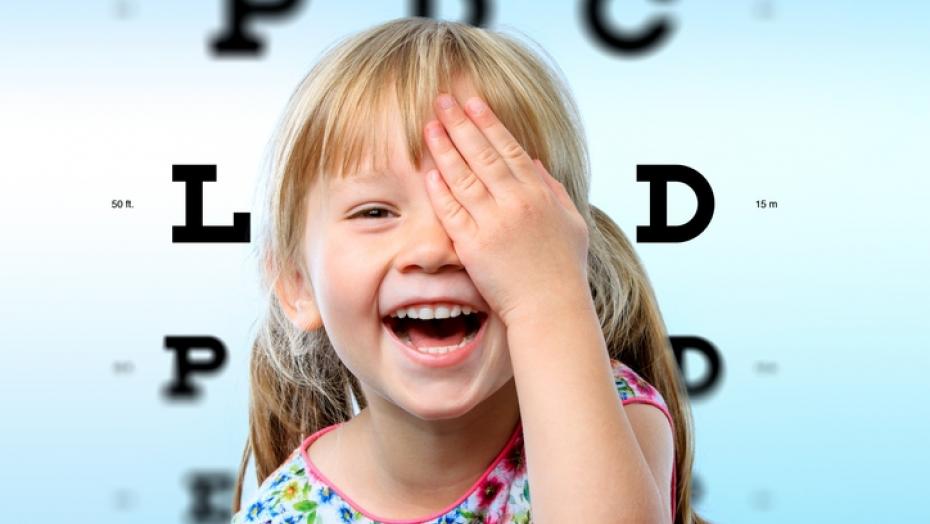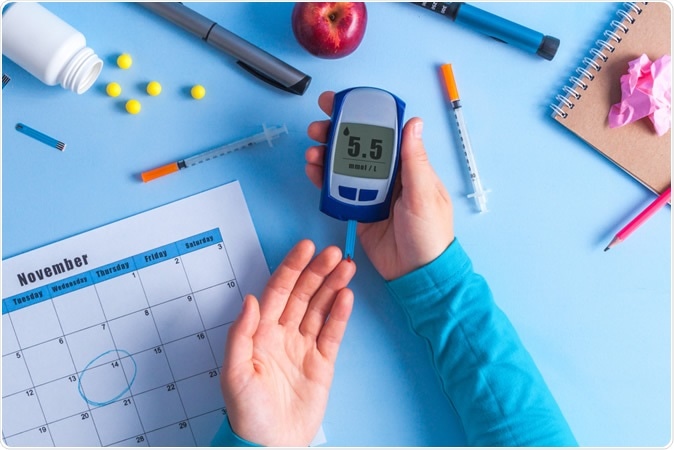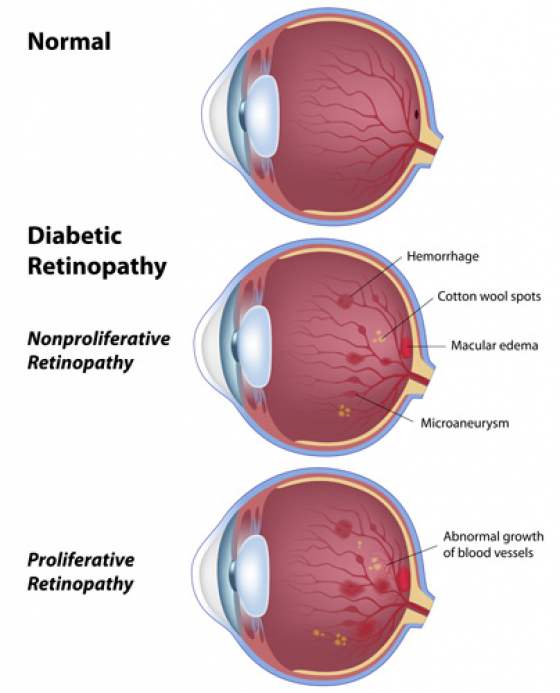Blog, News & Offers
Children face undetected visual problems due to Covid 19
Posted on Thursday, November 19, 2020

THOUSANDS OF CHILDREN FACE UNDETECTED VISUAL PROBLEMS DUE TO COVID-19.
Did your child start primary school in 2019/2020? They may not be getting their sight tested like the year groups before them.
The brain develops visual function until the age of 7years. Screening a child in reception can detect issues with visual development which can still be corrected in time to achieve normal levels of sight. With Covid 19 closing schools in March and only reopening this September the screening program for 2019 intake had barely begun. Children in this year’s intake will not start to have their screening until the last years test have been complete, but, with sudden year group closures this backlog is only going to increase.
Like with many other services will they catch up? Will they do so with enough time to effectively treat those in need of referral? Or will they have to effectively forget a whole intake in order to start again?
BACKGOUND TO VISION SCREENING IN THE UK.
Children’s vision screening in the UK has for a long time now been a postcode lottery. Depending on where the schools are located, determines whether or not a screening program is funded in that area.
Currently Orthoptists lead this program. An Orthoptist specialises in visual development and how the eyes work together as a pair (Binocular vision). Unfortunately it’s a case of funding. An Orthoptist doing a vision screening is an expensive service and some areas the local NHS governance will not fund it.
At present the options are Orthoptists providing the tests or nothing, despite other professions being more than capable with a little additional training.
OUR MISSION
Firstly this issue is being discussed between the optical professions but no one is informing the parents of these children screening will not be taking place nor is it communicated to parents of children in none funded areas that their children will not have a sight test at school. By being aware you can have the opportunity to act.
We want to make all parents aware of the importance of detecting sight issues early in children. Not only can poor eye sight impact education but also if not corrected early enough, lower the potential levels of vision when older. Furthermore some vision defects are difficult to detect such as when vision is only reduced in one eye. In this case the child would be able to detect small objects with both eyes open leading to parents falsely assuming all is ok when in reality only one eye is seeing so well.
Although the vision function develops by the age of 7 years the eye is a focusing system and it can change throughout childhood, teen years and into adulthood. It generally settles down by your early 20’s and starts to change again as we enter 40’s. Yearly sight test are recommended until at least 16 years old.
Sight tests are free at any NHS registered opticians which we are as well as others. If concerned in anyway or even just to confirm sight is developing as well as you suspect you do not have to wait for your child to be screened at school. Book them in for a sight test.
November: Diabetic Eye Disease month, what you need to know.
Posted on Saturday, November 14, 2020


Being diagnosed with diabetes can be a life-changing event, and it can be challenging to come to terms with at first. However, you must understand the health risks that can come with being diabetic. Diabetes can cause health complications in other areas of the body, including your eyes.
Diabetes is one of the leading causes of preventable sight loss in the UK. By recognising the signs of the eye conditions associated with diabetes, you can prevent future problems with your vision and eye health.
WHAT EFFECT DOES DIABETES HAVE ON YOUR EYES?
The changes in your blood sugar levels, caused by diabetes, can often affect many parts of your body and how you feel, this includes the lens inside your eye. Changes in your blood sugar levels can make your vision blurry, this can change throughout the day and even day to day as your levels fluctuate.
If you have diabetes, you might also be at higher risk of certain eye conditions when compared to others without diabetes; this can include cataracts, glaucoma and retinopathy.
CATARACTS AND DIABETES
Cataracts are a common eye condition in people aged 65 or over and usually develop gradually over the years. As diabetes can affect the lens of your eye, being diabetic can increase your chances of developing cataracts. You may find that you contract cataracts at an earlier age than expected.
When you have cataracts, the lens in your eye gradually becomes cloudy and impairs your vision. It is not painful, but it can cause symptoms like blurry vision, faded colours, double vision, or seeing a halo effect when looking at lights.
You can undergo cataract surgery to fix this, which is a very straightforward operation. It is one of the most common procedures in the UK.
GLAUCOMA AND DIABETES
If you have diabetes, you may be more likely to develop glaucoma. Glaucoma happens when there is a build-up of pressure in the eye, which can lead to damage around the retina or optic nerve if not treated.
Symptoms of glaucoma are not always noticeable but can include eye pain, redness, headaches and misty vision. Those with diabetes have a higher risk of developing glaucoma, but it can be easily treated if found early enough.
DIABETIC RETINOPATHY
Diabetic retinopathy is directly related to diabetes and occurs when there is damage to the blood vessels in the eye. Over time, diabetes can affect the blood vessels supplying the retina of your eye due to high blood sugar levels, affecting how it works. There are different types of retinopathy, with each type progressing in stages.
Diabetic retinopathy doesn’t usually present noticeable symptoms because the condition is gradual. If you have had diabetes for a long time, or your blood sugar levels and blood pressure are high, you can be at higher risk.
Treatment is available for diabetic retinopathy, with several different options depending on which stage the condition has reached. Your eye care professional will be able to advise on a case by case basis.
REDUCING YOUR RISK OF EYE DISEASE IF YOU HAVE DIABETES
The most important thing you can do to protect your overall health is to keep your diabetes under control as best you can to reduce your risk of many different health complications, including eye diseases. You should closely monitor your blood sugar levels, blood pressure and cholesterol levels.
Maintaining a healthy weight and keeping fit is also essential to reduce your risk of eye disease. Poor diet and other similar lifestyle choices can trigger many eye conditions. Quitting smoking, or not taking up smoking in the first place, is also very important for everyone’s health but particularly if you have diabetes. Smoking can increase your blood pressure and may raise your blood sugar levels.
If you have diabetes, the NHS offers an annual diabetic eye screening service for those aged 12 and above as well as free sight tests on either an annual or biannual basis depending on your age or health of your eyes. It is crucial that you attend regular sight test appointments as well as going to your screening, as they can detect diabetic retinopathy in your eyes before your vision is affected.
The screening DOES NOT look for any other issues with your eyes such as Glasses prescriptions, Corneal health, Macular degeneration, glaucoma and cataracts aswell as many more. In a nut shell that service are only looking for diabetic changes. We are able to offer screening in our non Staffordshire practices, sadly the funding for Opticians to perform screenings in Staffordshire has ended so you will be called to a mobile screening location and given a designated date and time if you are registered with a GP in this area.
Covid 19 has had an effect on Diabetic screening creating a large backlog. The diabetic services have looked at historic data to see which patients have consistent healthy screenings and as a one off due to pandemic these patients will skip a year and be seen in 2021. Any new diabetics or people with historic issues who are being monitored more carefully will still be seen.
If you have diabetes and have noticed a change in your vision you should not wait for your screening, its most likely a change in prescription but it could be something more serious, book a free sight test to make sure.
Blog Search
Blog Categories
- News & Offers (50)
Blog Archives
- August2023 (1)
- April2023 (1)
- November2022 (1)
- October2022 (2)
- September2022 (1)
- August2022 (3)
- June2022 (3)
- May2022 (3)
- March2022 (3)
- December2021 (2)
- November2021 (1)
- June2021 (1)
- May2021 (1)
- April2021 (2)
- March2021 (2)
- February2021 (4)
- January2021 (1)
- December2020 (1)
- November2020 (2)
- October2020 (1)
- September2020 (3)
- July2020 (1)
- April2020 (2)
- March2020 (2)
- October2019 (1)
- July2019 (2)
- June2019 (1)
- February2019 (1)
- January2019 (1)